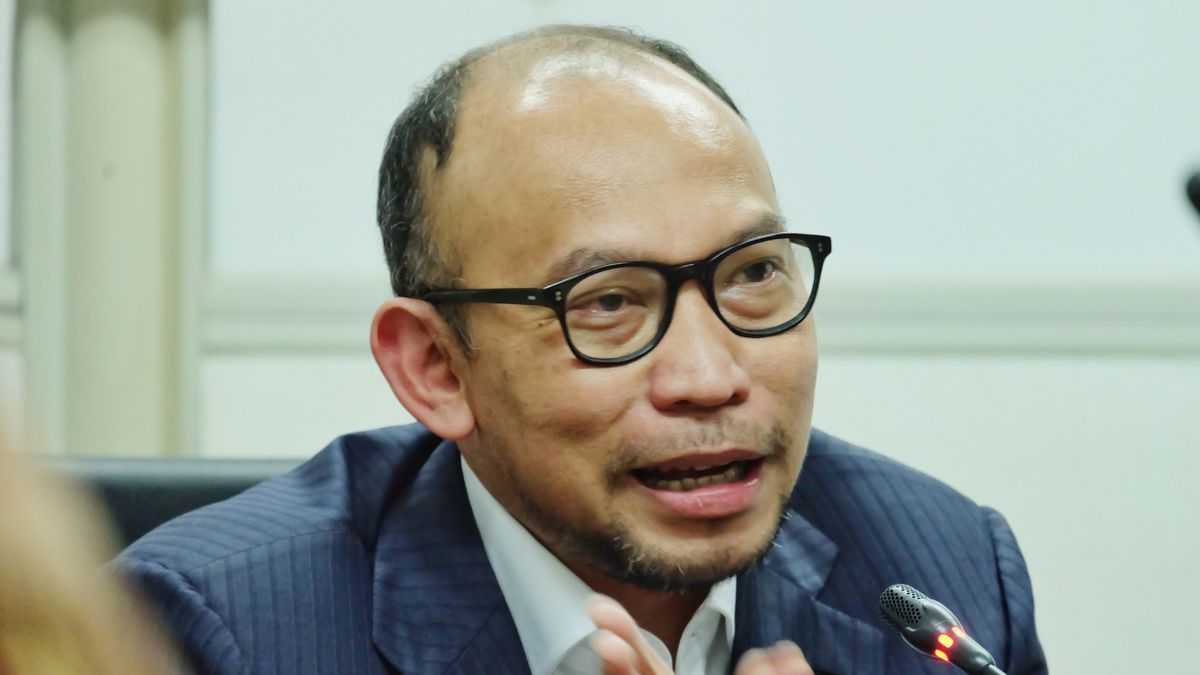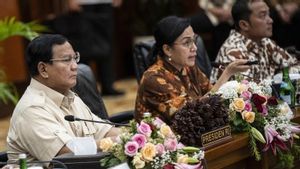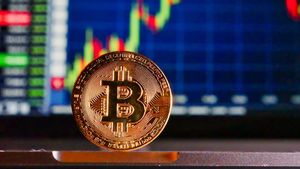JAKARTA - Former Minister of Finance in the era of Susilo Bambang Yudhoyono (SBY) Chatib Basri doubts that all national economic recovery (PEN) programs can effectively boost the economy. The main problem in today's economy is the decline in demand side performance.
According to Chatib, the government's policy should focus on the demand side. Other policies, such as business incentives, should also need to be reviewed. Moreover, when viewed from the absorption is still very low.
For example, tax incentives for businesses affected by COVID-19, whose use is still small. The lack of usage is normal during a pandemic like now, because many companies do not pay taxes because they lose money.
Chatib suggested that instead of the ineffective incentives, it would be better if the budget allocation was given to the middle to lower class groups by providing social assistance and direct cash assistance (BLT).
"If we look at the absorption, the most effective one is BLT which is then followed by monetary policy," he said, in a virtual discussion, Monday, July 20.
According to Chatib, the funds that the government needs to prepare to expand BLT to lower-income groups reach Rp120 trillion. The BLT policy, he said, was more effective than social assistance in other forms, such as groceries. This is because the middle class will use the cash to shop. In the future, it is expected to encourage consumption.
Furthermore, Chatib said, currently the number of middle to lower class groups in Indonesia is around 115 million people or 30 million households. If you get IDR 1 million per month, you need to prepare IDR 30 trillion per month or IDR 120 trillion for four months.
"What is needed now is spending. If in the past there was a low income base, I would like to say that today spending is the base for economic recovery. The form is in the form of BLT," he said.
Chatib added that the increase in consumption will encourage increased public demand. Furthermore, this will encourage increased demand for credit from the business world, so that the stimulus provided by Bank Indonesia (BI) can run.
"If demand rises, they will ask for credit, BI monetary policy with the Minimum Statutory Reserves (GWM) and a decrease in interest rates will be effective," he explained.
For your information, the government has budgeted BLT through the Village Fund of IDR 31.8 trillion. The Village Fund BLT is included in the social protection budget in the handling of the national economy amounting to Rp.203.9 trillion.
Until July 8, 2020, the realization of BLT Village Fund disbursement was 97 percent. PDTT Mendes Abdul Halim Iskandar said the Village Fund BLT had been distributed through 72,599 villages or 97 percent of the 74,865 villages that had received Village Funds.
The English, Chinese, Japanese, Arabic, and French versions are automatically generated by the AI. So there may still be inaccuracies in translating, please always see Indonesian as our main language. (system supported by DigitalSiber.id)













